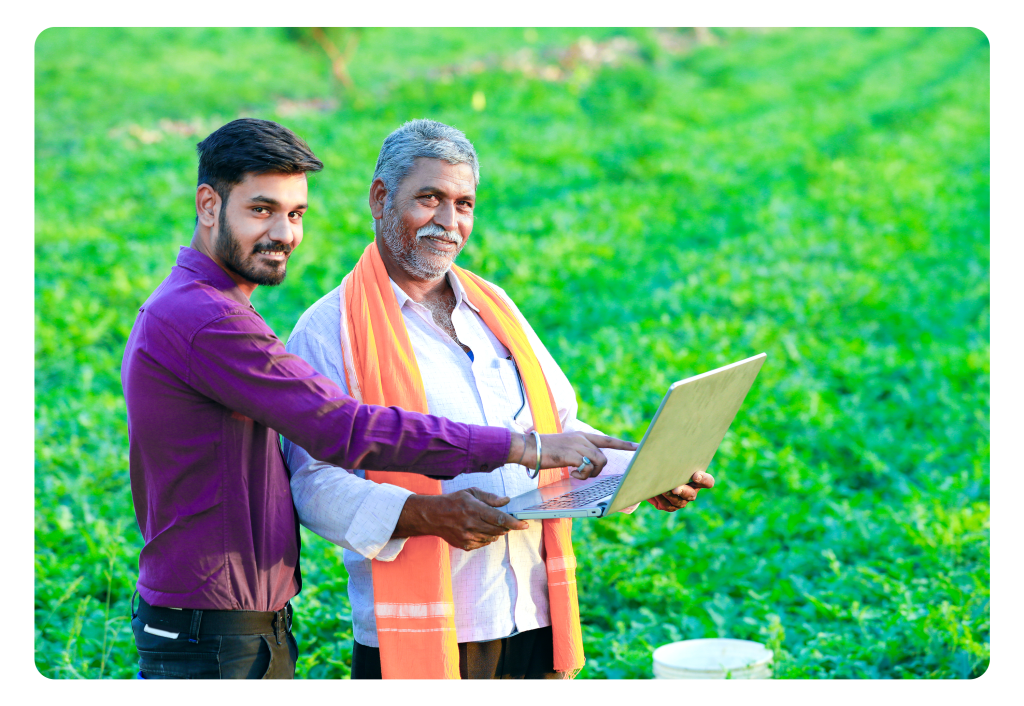
About
By creating robust livelihood opportunities for marginalized people in rural and semi-urban areas, AISECT aims to improve their well-being and financial growth. Through the Livelihoods projects, it has effectively implemented various initiatives across India, such as DAY-NULM, PMJDY-ESDP, District Project Livelihood College under Chhattisgarh State Skill Development Authority (CSSDA), NIESBUD and Tejaswini.
Impacted – 24,000+ Beneficiaries across India

Day-NULM (Deendayal Antyodaya Yojana-National Urban Livelihoods Mission)
Unlocking Urban Livelihoods with Day-NULM
NULM focuses on organizing urban poor in their strong grassroots level institutions, creating opportunities for skill development leading to market-based employment and enabels to set up self-employment ventures by ensuring easy access to credit.
AISECT is implementing Employment through Skill Training & Placement (ESTP) component of National Urban Livelihood Mission (NULM) program in 18 states since 2015.
Beneficiaries Trained – 2,114 across the country.

Employment through Skills Training and Placement (EST&P)
In NULM, EST&P provides skills to the unskilled urban poor, under this component, urban youth subject to occupational vulnerability are targeted and provided with skill training so they can set up self-employment ventures or secure salaried employment.This skill training is linked to accreditation and certification and is provided in PPP mode.
Trained Beneficiaries – 18,078 candidates
Geographies Covered – Bihar, Kerala, Andhra Pradesh, Assam, Chhattisgarh, Punjab, Tripura, Madhya Pradesh, Gujrat, Maharashtra, Mizoram, west Bengal.

Entrepreneurship and Skill Development Program (PMVDY-ESDP) across Madhya Pradesh
AISECT is conducting an Entrepreneurship and Skill Development Programme (ESDP) under the Prime Minister Van Dhan Yojana (PMVDY) in Madhya Pradesh in collaboration with TRIFED and Madhya Pradesh State Minor Forest Produce Department under Van Dhan Yojana. This programme is being conducted in five districts of MP – Balaghat, Shahdol, Mandla, Dindori and Umaria.
As part of this program, TRIFED has established self-help groups known as Van DhanVikasKendras. The content of this training includes branding, storage, packaging, transportation and a business plan. VDVK members will receive entrepreneurship-related content along with training manuals on minor forest products such as Mahua, Honey, Chironji, etc.
Trained beneficiaries – 1075 candidates.

District Project Livelihood College under Chhattisgarh State Skill Development Authority (CSSDA)
Chhattisgarh’s District Project Livelihood College, part of CSSDA, boosts youth employment by imparting skills for self-employment and industry demand. It collaborates with 15 national-level training providers across 8 sectors, focusing on market-oriented courses and post-training placement support. This program removes barriers like education and transportation, offering residential facilities and future skill upgrades.
This program removes entry barriers like education, transportation, language, and fees, while offering residential facilities and opportunities for future skill upgrades.
Trained – 71 beneficiaries across Chhattisgarh (Sukma, Dhamtari, Bijapur, Mungeli).

NIESBUD (National Institute for Entrepreneurship & Small Business Development)
Witness the power of skills training under NIESBUD, as AISECT empowers OBC candidates in Koraput districts. 50 beneficiaries have been equipped with essential skills to shape their entrepreneurial journey.
Trained Beneficiaries – 50 candidates.

Tejaswini Rural Women Empowerment Program
Madhya Pradesh Mahila Vitta Avam Vikas Nigam program empowers women through self-help groups (SHGs).
AISECT supports 400 SHGs in organic cultivation, leading to 1000+ members forming clusters and selling produce to various markets. These clusters focus on food value chains like lemon, jackfruit, guava, and amla to improve livelihoods.
Benefits –
The project enhances income generation through skill development, market support, and policy assistance. It promotes financial literacy, labor-saving infrastructure, and women’s engagement in local governance.

Join the Journey of Empowerment

